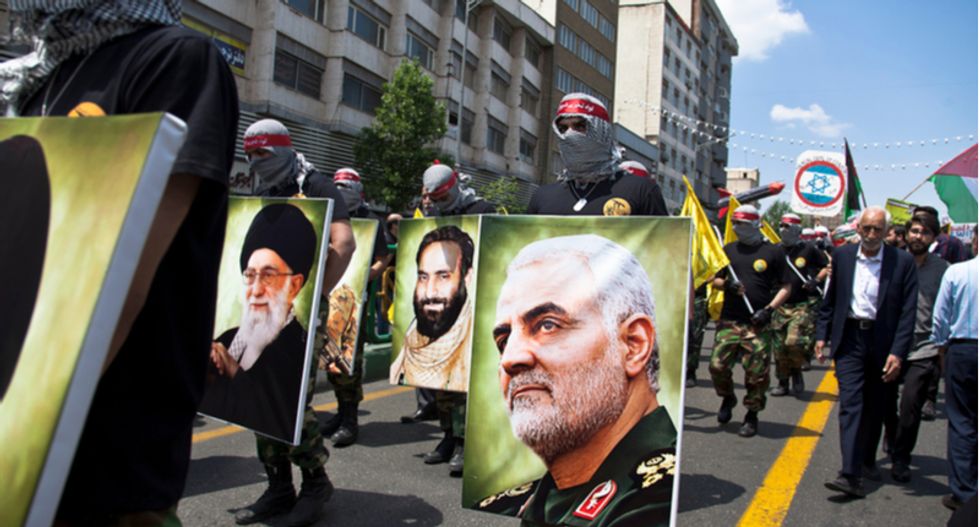
In a piece for The New Yorker this Monday, Robin Wright contends that when it comes to the Trump administration's claim that the targeted killing of Iranian General Qassem Suleimani will make US forces safer in the Middle East, "nothing seems further from the truth."
"Some form of conflict between the United States and the Islamic Republic, overt or covert, seems more possible now than it has at any time since the 1979 Revolution," she writes, adding that whatever gains the US made in Iraq over the last decade seem to be "unravelling," with rippling effects across the Middle East."
"Instead of being a dead bad guy, Suleimani appears almost as potent in his 'martyrdom' as he was in life," Wright continues. "His death has already spurred anti-American sentiment across the Middle East. It has unified Iran’s divided society. And it has also precipitated the first action to wind down or end the American military presence in the region—Suleimani’s primary mission since he took over the Quds Force, in 1998."
According to Wright, the killing of Suleimani plays into a "martyrdom by a minority fighting for survival against bigger rivals" narrative that's long-been promulgated by Shiite Islam, and has "unified disparate sectors of Iranian society, which just weeks ago was riven by street protests challenging the government in dozens of cities."
As Wright points out, it's been days since Suleimani's killing and the Trump administration still hasn't revealed what exactly the threat was that led to the operation. Now that distrust between Iran and the US has deepened, "diplomacy seems to be off the table, despite President Trump’s repeated statements that he wants talks with Iran on a new nuclear deal to avoid conflict."
Read her full piece over at The New Yorker.




